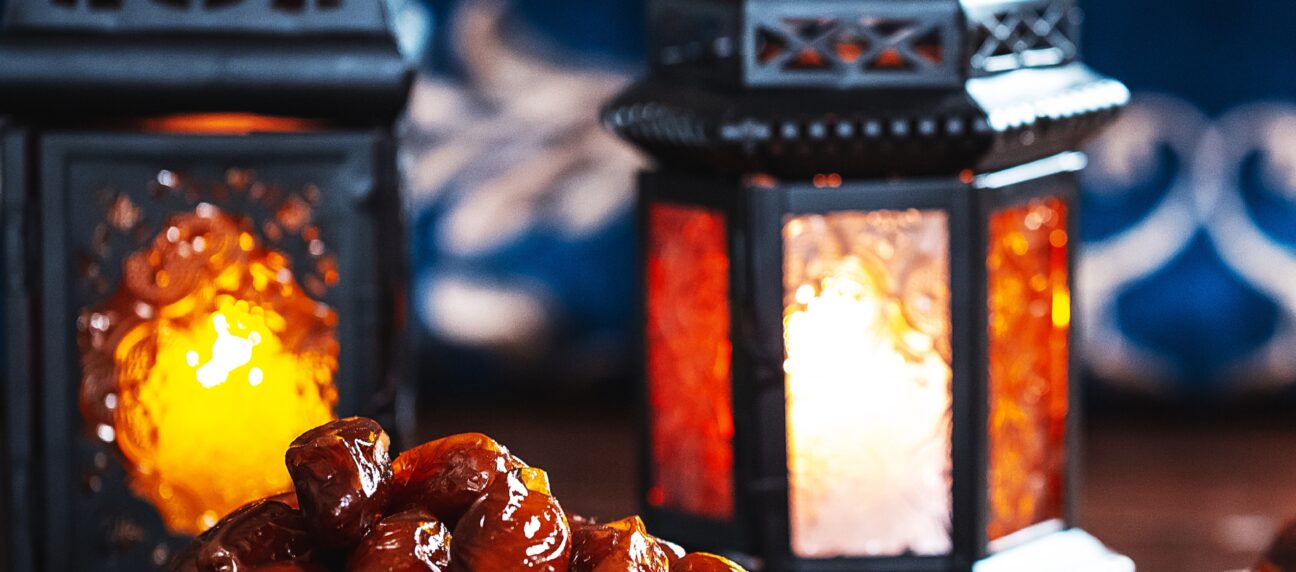Observing Ramadan is a time filled with spiritual reflection and devotion. Breaking your fast with a dua (prayer) is a cherished tradition that holds deep significance for many. It’s a moment to connect with the divine, express gratitude, and seek blessings for yourself and your loved ones.
When you recite a dua for breaking your fast, you’re not just nourishing your body but also nourishing your soul. It’s a powerful act of worship that strengthens your faith and brings you closer to Allah. This simple yet profound ritual reminds you of the value of gratitude and mindfulness in your daily life.
In this blog post, we will explore the beauty and importance of saying a dua when breaking your fast during Ramadan. We’ll delve into the meaning behind this practice and how it can enhance your spiritual experience during this sacred month. Let’s embark on this journey of faith and reflection together.
Understanding the Importance of Dua for Breaking Fast
Dua, an integral part of Islamic practices, holds profound significance, particularly during Ramadan. It is more than a simple prayer; it symbolizes a direct channel of communication with Allah, fostering a strong spiritual connection between the individual and the divine. When you engage in dua, you are expressing your gratitude, seeking guidance, and asking for blessings from Allah, the Most Merciful. The power of dua lies in its ability to uplift and strengthen your faith, providing solace and reassurance in times of need.
The Meaning and Power of Dua
Dua, commonly translated as supplication or invocation, encapsulates the essence of humility and devotion in Islam. Through dua, you humbly present your desires, concerns, and wishes to Allah, acknowledging His supreme wisdom and seeking His divine intervention. It serves as a personal dialogue with the Creator, where you pour out your heart and soul, knowing that Allah listens to every whisper and understands every unspoken word. The belief in the efficacy of dua transcends mere words; it reflects your faith in Allah’s mercy and compassion, affirming your trust in His divine plan.
The connection between Dua and Breaking Fast
As you prepare to break your fast at the end of a long day during Ramadan, offering a dua holds special significance. The act of breaking the fast is not merely a physical necessity; it is a spiritual moment infused with meaning and blessings. By pausing to offer a heartfelt prayer before partaking of food and drink, you invite Allah’s blessings into your meal and your life. Dua before breaking the fast serves as a reminder of your dependence on Allah’s sustenance and a gesture of gratitude for His provisions. It sanctifies the simple act of eating, elevating it to a spiritual experience that nourishes both the body and the soul.
In the tapestry of Ramadan rituals, dua for breaking fast emerges as a thread that weaves together faith, gratitude, and humility. It is a sacred moment of connection with Allah, a time to express your deepest desires and seek His blessings. Embrace the power of dua as you break your fast, and let your prayers soar to the heavens, carrying your hopes and dreams on their wings.

Recommended Duas for Breaking Fast
When it comes to breaking your fast, offering specific dua hold significant importance in Islamic tradition. These supplications are more than just words; they carry deep meanings and intentions, invoking blessings and gratitude. Let’s explore two highly recommended duas to recite during iftar:
Dua: ‘Allahumma inni laka sumtu…’
This powerful dua signifies one’s devotion and gratitude towards Allah for providing the strength to fast during Ramadan. It is traditionally recited right before breaking the fast at sunset, expressing thankfulness for the day of fasting and seeking Allah’s blessings.
”اللَّهُمَّ اِنِّى لَكَ صُمْتُ وَبِكَ امنْتُ وَعَليْكَ تَوَكّلتُ وَ عَلى رِزْقِكَ اَفْطَرْتُ”
”Allahumma inni laka sumtu wa bika aamantu wa ‘ala rizq-ika aftartu.”
Meaning: “O Allah, I fasted for You and I believe in You and I break my fast with Your sustenance.”
Dua: ‘Allahumma inni as’aluka khayra wa khayra ma jibalta alayhi…’
Another important dua recited when breaking the fast is ‘Allahumma inni as’aluka khayra wa khayra ma jibalta alayhi…’ which means “Oh Allah, I ask you for the good of this night and the good of what follows it.” This supplication highlights the significance of seeking goodness and blessings not only during Ramadan but also in the days that follow. By reciting this dua, believers seek Allah’s protection and guidance for a prosperous future filled with blessings.
Common Duas for Breaking Fast
Dua: ‘Allahumma innaka ‘afuwwun tuhibbul-‘afwa fa’fu ‘anni’
Meaning: “O Allah, You are the One who pardons greatly, and loves to pardon, so pardon me.”
When to recite: Just before breaking the fast.
Dua: ‘Allahumma inni laka sumtu wa bika aamantu…‘
Meaning: “O Allah, I have fasted for You, and I believe in You, and I break my fast with Your sustenance.”
When to recite: At the time of breaking the fast.
By reciting these duas with sincerity and understanding their meanings, you can enrich your spiritual experience during Ramadan and seek Allah’s blessings and mercy not only during iftar but throughout your life.

Etiquette and Benefits of Making Dua for Breaking Fast
After a day of fasting, offering dua when breaking your fast holds immense significance. Let’s delve into the proper etiquette and the multitude of benefits that come with reciting prayers during iftar.
Etiquette of Making Dua
When making dua for breaking your fast, embody sincerity in your supplications. Approach this sacred act with a humble heart, acknowledging your dependence on the Divine. The best times to offer prayers during iftar are when the stomach is empty and the heart is full of gratitude. Remember, Allah listens to your prayers not based on the length of your supplications, but on the depth of your faith and devotion.
Benefits of Making Dua for Breaking Fast
Engaging in dua during iftar has remarkable benefits that extend beyond the physical realm. It brings a sense of peace and tranquility to your soul, soothing the mind and uplifting the spirit. By expressing gratitude and seeking blessings during this sacred moment, you foster a deeper connection with Allah, finding solace in His presence. The emotional rewards of dua include a heightened sense of mindfulness, a feeling of inner calm, and a profound appreciation for the blessings in your life.
Incorporating the act of making dua into your iftar not only nourishes your body but also nurtures your soul, creating a harmonious balance between the physical and spiritual aspects of your being.
Conclusion
After exploring the significance and benefits of making Dua when breaking your fast during the holy month of Ramadan, it becomes clear that this practice holds immense spiritual value. By taking a moment to connect with your faith and reflect on your blessings before indulging in Iftar, you not only honor the traditions of Ramadan but also nourish your soul.
Embracing Dua during this sacred time fosters a deeper sense of mindfulness and gratitude. It allows you to appreciate the sustenance provided to you, both spiritually and physically. So, as you partake in the act of breaking your fast, remember to recite your Dua with sincerity and an open heart.
Let the practice of making Dua enrich your Ramadan experience and strengthen your bond with your faith. May each prayer uttered at the moment of Iftar bring you closer to Allah and fill your heart with peace and blessings.ية
Remember, the act of breaking your fast is not just a physical nourishment but a spiritual one as well. With each Dua recited, you invite positivity and blessings into your life, creating a sense of serenity and connection that transcends the physical realm. So, as you prepare to break your fast each day, take a moment to center yourself, express your gratitude, and embrace the tranquility that Dua brings.
If you are interested in teaching Quran online or want to learn Quran online join us today by sending us an email on our contact form!
